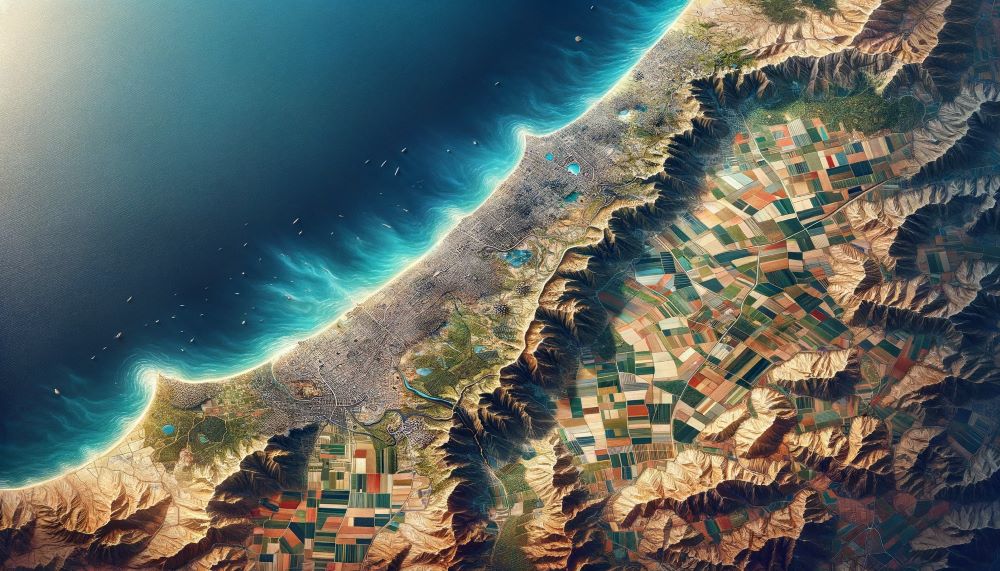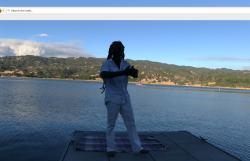Read Our Blogs

Bridging Divides: The Call for Unity in a Fragmented World
Ngiafon abcd 44 comments
In the midst of conflicts that span decades, particularly the Israeli-Palestinian situation, we must pause and ponder on a critical question: What if instead of sowing seeds of division, we cultivated understanding and empathy? As we delve into history and explore the wisdom of our ancestors, it becomes clear that an alternative path exists—one that emphasizes love over hate, and collaboration over conflict.
From a historical perspective, consider the story of Isaac and Ishmael, brothers who were driven apart not by their own actions but by the fears and tensions of their guardians. Yet, despite their estrangement, both lines sought refuge and prosperity, showing that even from division, a shared desire for peace can emerge. These narratives, rooted in biblical traditions, remind us that the true enemies are not each other, but the divisive forces—whether they be political, ideological, or based on misinformation—that drive wedges between us.
The principle of Spiriletics and the Ashingne tradition teaches us about interconnectedness, suggesting that it's through this ancestral wisdom that we can extinguish the fires of conflict like those witnessed between Israelis and Palestinians. Both groups have been indoctrinated to view each other with suspicion and hostility, perpetuating an endless cycle of violence. This indoctrination is a modern evil, a system designed not by individuals but by powerful structures that benefit from the ongoing conflict.
The leadership, particularly figures like Netanyahu, play a significant role in these dynamics. By focusing on one individual or side, we fail to address the systemic issues that underlie the continuous strife. Instead of pinpointing blame, it is crucial for both communities to unite against the common adversities that hinder their peace and progress. It’s not merely a fight between two groups; it’s a struggle against a larger antagonist that thrives on division.
Imagine a future where protests aren’t about assigning blame but about rallying against the injustice that affects all. Where Jewish and Palestinian children grow up in a world that celebrates their shared humanity rather than their differences. This is not an unreachable ideal but a possible reality if we choose to change our narrative from one of segregation to one of unity.
To move forward, we must embrace dialogue, shed the burdens of the past, and foster a mutual understanding that prioritizes the well-being of all. We must transform our approach from confrontational to cooperative, recognizing that every finger pointed in blame keeps us tethered to a cycle that has never served us well.
As we navigate these turbulent waters, let us anchor ourselves with the hashtag #UnityOverDivision, a beacon for those who believe in the power of unity and the strength of peace. Together, we can forge a path that not only respects our diverse histories but also illuminates our common aspirations. The time is now to replace the discourse of division with a language of love. Let us reach out, not with fists of hostility, but with hands ready to build a shared future.










